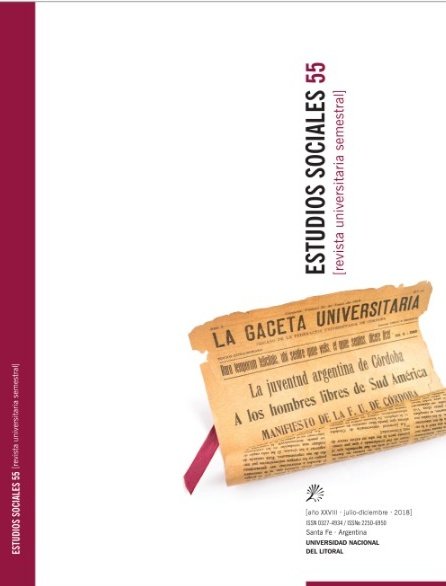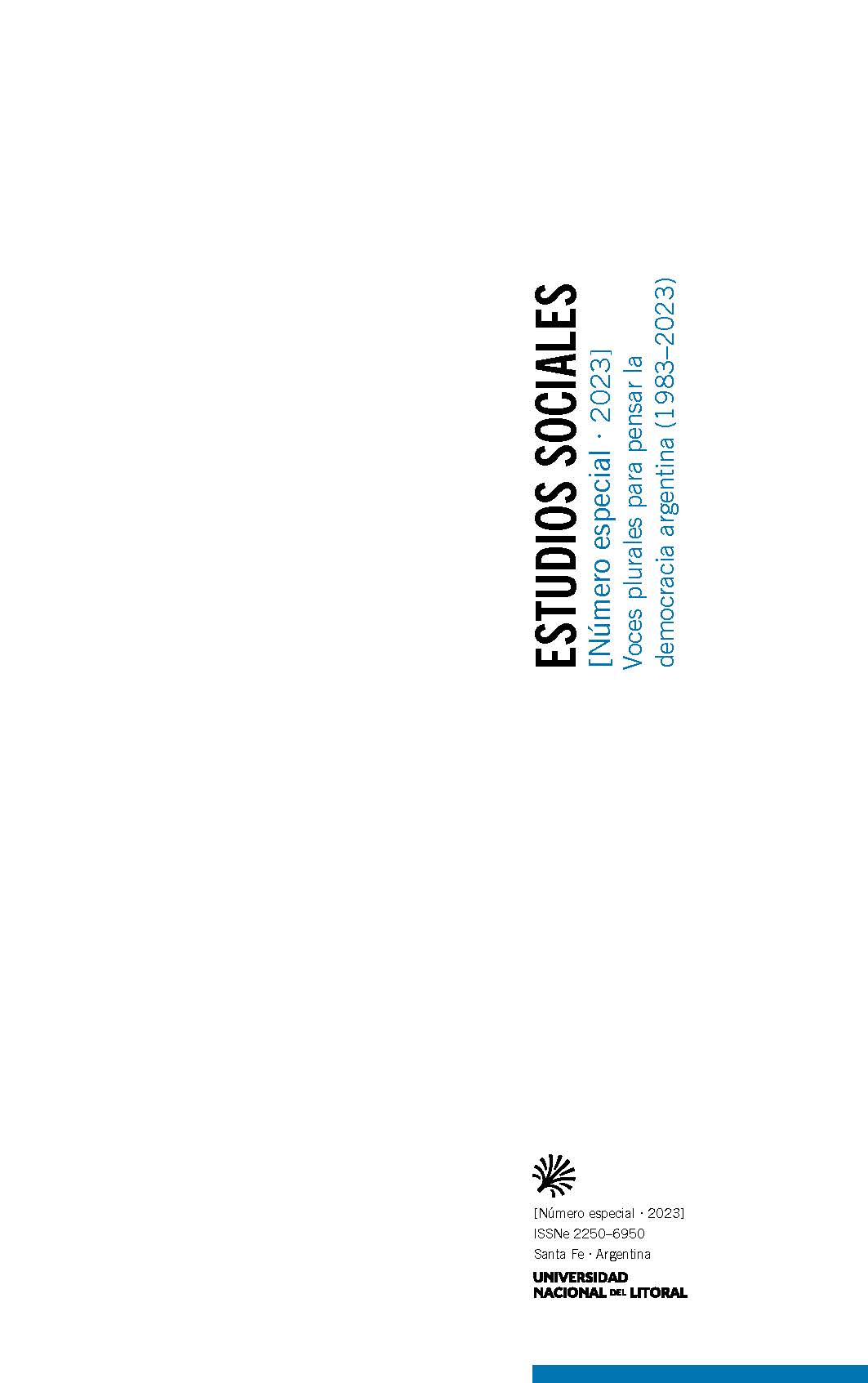Cultural sociability, journalism and mobilization in argentine socialism: The Casa del Pueblo of Buenos Aires, 1927-1953
DOI:
https://doi.org/10.14409/es.v55i1.7791Keywords:
Socialism, Sociability, Journalism, Mobilization, Mass CultureAbstract
The article studies the history of the Casa del Pueblo, epicenter of the political and cultural sociability of the Socialist Party in the city of Buenos Aires during the 1930s and 1940s. One of the interests of the work is the crossing between political sociability and journalism, from the perspective offered by La Vanguardia, a party press organization whose workshops and editorial offices occupied a large part of the building. Likewise, the article examines the uses of the Casa del Pueblo in the context of the entanglement between political life and the mass culture characteristic of this period. To do this, it analyzes the cultural role played by the great socialist center, alternating and combining the modalities of the athenaeum, the popular university and the social club, and addresses the forms of mobilization and political use of the street that were deployed around the building.
Downloads
Published
How to Cite
Issue
Section
License
Los artículos publicados en Estudios Sociales. Revista Universitaria Semestral se encuentran disponibles gratuitamente en la Biblioteca Virtual de Publicaciones Periódicas de la Universidad Nacional del Litoral: http://bibliotecavirtual.unl.edu.ar/publicaciones.
El contenido está bajo Licencia Creative Commons Atribución-NoComercial-Compartir Igual 4.0 Internacional (BY-NC-SA): no se permite un uso comercial de la obra original ni de las posibles obras derivadas, la distribución de las cuales se debe hacer con una licencia igual a la que regula la obra original.
 Los artículos que sean aceptados, deberán ser acompañados del documento "Autorización para Publicar" que contiene la firma de los autores, en donde se acepta la originalidad del documento y autorizan a la Revista a la publicación del mismo. Las opiniones vertidas por los autores en sus artículos no reflejan necesariamente el parecer de Estudios Sociales. Revista Universitaria Semestral. El contenido de cada trabajo es responsabilidad exclusiva de su autor. En caso de que se utilicen trabajos, datos y/o palabras de otros autores, éstos tienen que ser debidamente citados. Cualquier contenido que sea detectado como fraudulento será elevado al Consejo Editorial de la revista para su revisión, quienes evaluarán el caso y determinarán los pasos a seguir.
Los artículos que sean aceptados, deberán ser acompañados del documento "Autorización para Publicar" que contiene la firma de los autores, en donde se acepta la originalidad del documento y autorizan a la Revista a la publicación del mismo. Las opiniones vertidas por los autores en sus artículos no reflejan necesariamente el parecer de Estudios Sociales. Revista Universitaria Semestral. El contenido de cada trabajo es responsabilidad exclusiva de su autor. En caso de que se utilicen trabajos, datos y/o palabras de otros autores, éstos tienen que ser debidamente citados. Cualquier contenido que sea detectado como fraudulento será elevado al Consejo Editorial de la revista para su revisión, quienes evaluarán el caso y determinarán los pasos a seguir.
Estudios Sociales. Revista Universitaria Semestral adhiere al Código de Conducta y Guía de Buenas Prácticas para editores científicos del Comité de Ética de Publicaciones (COPE):http://publicationethics.org/














